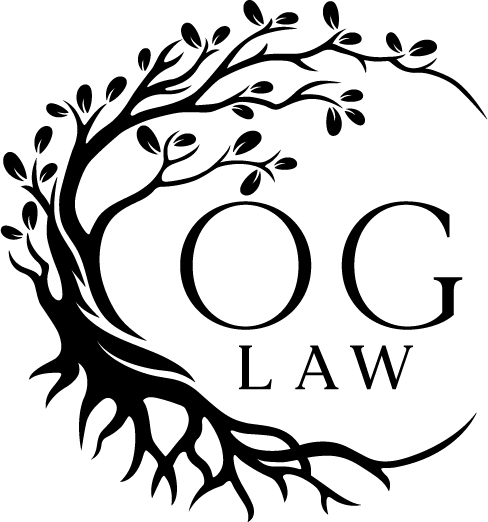In the realm of estate planning, asset distribution, and contentious legal battles, the concept of a constructive trust holds significant weight. For residents of Florida navigating complex legal matters, understanding what a constructive trust entails and when it can be utilized is crucial. Let’s review the intricacies of constructive trusts under Florida law.
What is a Constructive Trust?
A constructive trust is a legal arrangement designed to remedy unjust enrichment or prevent unjust detriment. Unlike express trusts, which are created intentionally through agreements or wills, constructive trusts are implied by law to rectify situations where one party holds legal title to property but is obligated to hold it for the benefit of another. Essentially, it’s a trust imposed by the court to ensure fairness and equity.
When Can a Constructive Trust be Utilized in Florida?
- Fraudulent Conduct
Constructive trusts often arise in cases involving fraud or wrongdoing. If an individual acquires property through deceit, misrepresentation, or abuse of a confidential relationship, a constructive trust may be imposed to restore the rightful owner’s interest in the property.
- Breach of Fiduciary Duty
In situations where a fiduciary relationship exists, such as between a trustee and a beneficiary, breaches of duty can lead to the imposition of a constructive trust. If a trustee misuses trust assets or fails to act in the beneficiary’s best interests, a constructive trust may be established to remedy the breach.
- Unjust Enrichment
Constructive trusts can also be employed to prevent one party from unjustly benefiting at the expense of another. For instance, if someone receives property or assets that rightfully belong to another without valid justification, a constructive trust may be imposed to compel the return of those assets.
- Oral Agreements
While Florida generally requires written agreements for the creation of express trusts, constructive trusts can be established based on oral agreements or understandings between parties. If there’s evidence of an implied agreement regarding property ownership or beneficial interests, a court may impose a constructive trust to enforce those understandings.
Conclusion
In Florida, constructive trusts serve as vital legal mechanisms to rectify unjust situations and ensure equitable outcomes. Whether arising from fraudulent conduct, breach of fiduciary duty, unjust enrichment, or oral agreements, these trusts play a pivotal role in safeguarding the rights and interests of individuals.
As with any legal matter, navigating the complexities of constructive trusts requires adept legal counsel. If you’re facing a situation where a constructive trust may be applicable or if you’re seeking to enforce your rights concerning property ownership, consulting with experienced attorneys is paramount.
Ortega Group is dedicated to providing comprehensive legal assistance tailored to your specific needs. Contact us today to discuss your concerns and explore your legal options.


